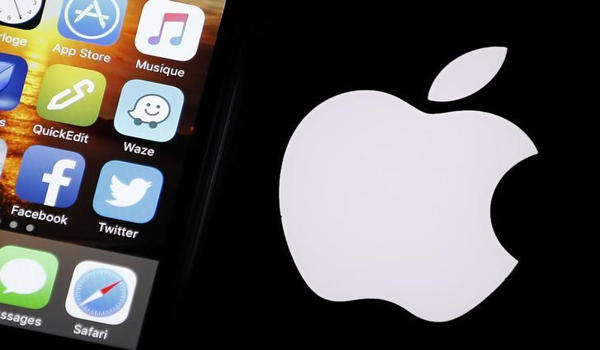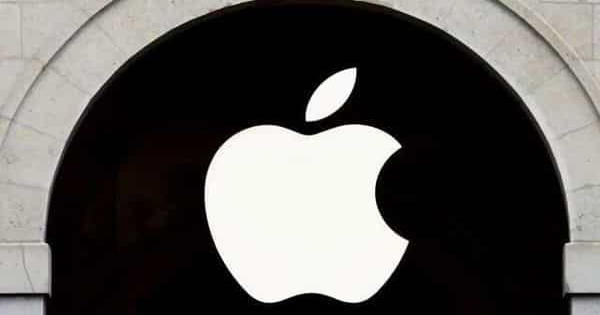Apple will begin requiring app developers to inform users about the tracking information they wish to collect and obtain permission to do so, displaying what has been dubbed “privacy nutrition labels.” Apple’s move, which has been in the works for months, has sparked a major schism with Facebook and other tech rivals and could have significant implications for data privacy and the mobile ecosystem.
Digital ads are the lifeblood of internet behemoths like Google and Facebook, and they are credited with funding a plethora of free online content and services. An update to the iOS software, which powers iPhone, iPad, and iPod devices, includes an “App Tracking Transparency framework,” which prevents apps from tracking users or accessing device identifying information without permission.
“Unless you receive permission from the user to enable tracking, the device’s advertising identifier value will be all zeros, and you may not track them,” Apple wrote in an online message to developers this week.
An update to the software powering some billion iPhones around the world kicks in Monday with an enhanced privacy feature critics fear will roil the internet advertising world.
The requirement, which some developers adopted early, will apply to all iOS apps as of Monday, according to Apple.
‘Change agent’
Apple’s new framework, according to Mobile Dev Memo analyst and strategist Eric Seufert, could “upend” the app economy as well as digital advertising more broadly, calling the new policy “a change agent.”
“It’s impossible to dismiss the fact that digital advertising on mobile is conducted through what Apple defines as ‘tracking,'” Seufert wrote in a blog post, adding that “explicitly purging this activity from the ecosystem will require a change in the mobile operating model.”
With over a billion iOS-powered devices in use worldwide, a change to the mobile operating system that potentially reduces the effectiveness of digital ads could have a significant impact.
Platforms that rely on advertising, such as Facebook or Google, are typically paid only when a user takes an action, such as clicking on a marketing message. Ads that are rendered irrelevant because less is known about users may result in fewer clicks and, as a result, less revenue.
Mobile apps and the internet in general have thrived by offering free information, games, driving directions, and other services, with advertisements bringing in money to keep data centers running and profits flowing.

“It is impossible to deny that digital advertising on mobile is conducted through what Apple defines as ‘tracking’: explicitly removing this activity from the ecosystem will necessitate a change in the mobile operating model.” With over a billion iOS-powered devices in use worldwide, a change to the mobile operating system that potentially reduces the effectiveness of digital ads could have a significant impact.
While some iPhone users may give permission for tracking, marketers fear that many will choose privacy. During an earnings call earlier this year, Facebook warned that Apple’s changes to its mobile operating system would most likely make targeting ads more difficult.
In the call, Facebook CEO Mark Zuckerberg stated that Apple, with its rival smartphone messaging service and tight grip on the App Store, the sole gateway onto iPhones, was becoming one of his company’s biggest competitors.
“Apple has every incentive to use their dominant platform position to interfere with how our apps and other apps work, which they routinely do to favor their own,” Zuckerberg said. “While Apple claims to be doing this to help people, the moves clearly reflect their competitive interests.”
The social networking giant has claimed that Apple’s new data collection and targeted advertising policies will harm small businesses.
In a recent interview, Apple CEO Tim Cook defended the move, saying, “The principle is that the individual should be in control of whether they’re tracked or not; who has their data.” Apps will still be able to target “contextual ads” based on what users do during sessions while keeping the information to themselves. Artificial intelligence and data analytics advancements, according to Creative Strategies analyst Carolina Milanesi, should help platforms, and thus advertisers, effectively target using less data about users.
“Advertisers must remain relevant to people without stalking them, which is good for the consumer and good for the brands,” Milanesi explained. “I believe Apple is correct; transparency is something we should always strive for.”















